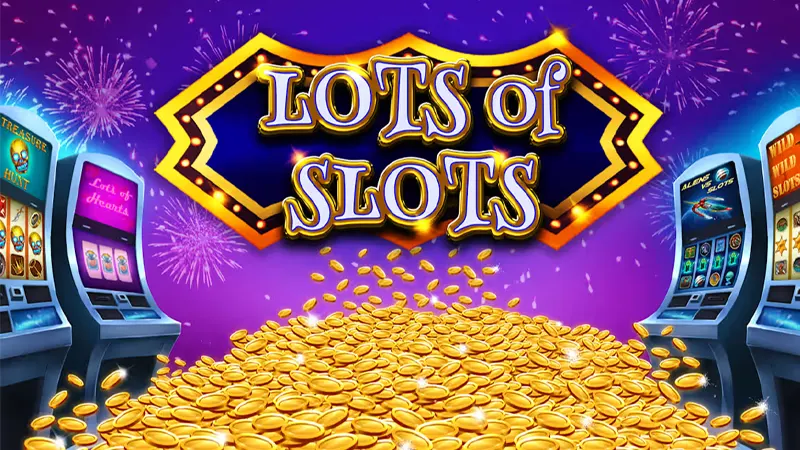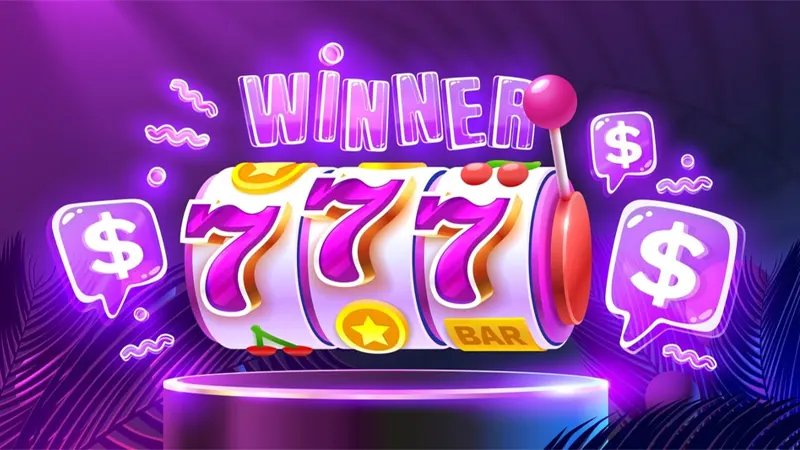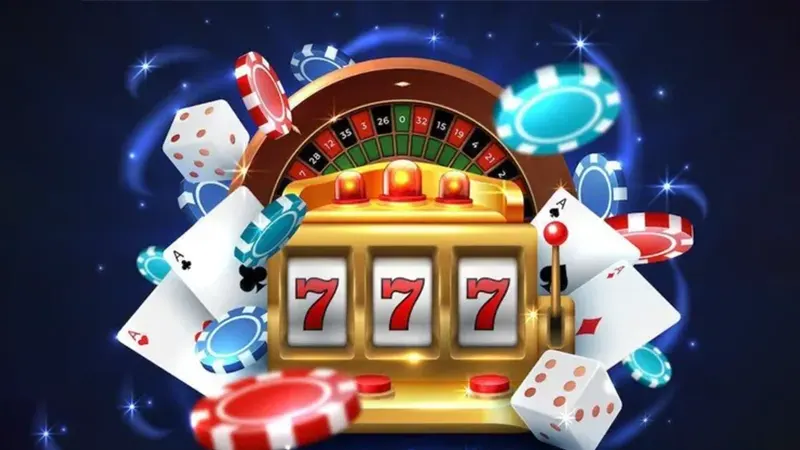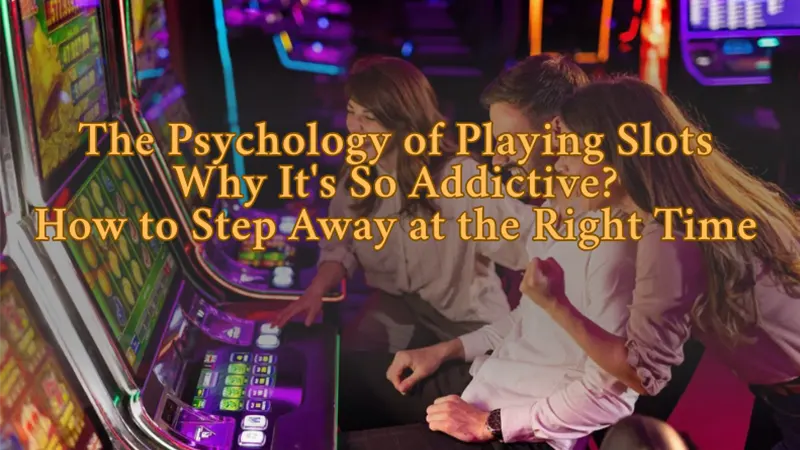Slot games are known for being incredibly simple and visually engaging. You don’t need a manual or advanced strategy to start spinning. Just click, spin, and wait for the reels to stop. That ease of access is part of their appeal—but it also makes them deceptively risky.
Many players find themselves trapped in a mental loop: “Just one more spin” or “I was so close, I must be about to win.” Before they know it, they’ve lost track of time, money, and emotional control.
This article breaks down the psychological traps hidden in slot gameplay—and more importantly, shows you how to stay in control. If you’re playing at Casino 91 Club, this guide will help you enjoy the experience while protecting your mindset and bankroll.
Psychological Triggers That Make Slots Addictive
Small, Frequent Wins Give the Illusion of Progress
Modern slot games are often designed to deliver small wins at regular intervals. These wins are rarely more than your original bet, but they trick your brain into thinking you’re “doing well.” In reality, when you add up your bets versus winnings, you’re likely still in the red.
This phenomenon is known as a “false win.” Even if your screen lights up and the game celebrates a small payout, you’re actually losing money in the long run. But your brain perceives success, and that’s enough to keep you spinning.

Near Misses and Fast Spins Hack Your Dopamine System
Another subtle manipulation is the “near miss”—for example, when two jackpot symbols appear and the third lands just one position away. This kind of outcome triggers your brain’s dopamine release, similar to actual wins, even though you didn’t win anything.
Combine that with rapid spin cycles—some slots allow a new spin every few seconds—and you lose track of time and money spent. It becomes a fast-paced loop that’s hard to break out of, especially if you’re emotionally invested in the game.
Warning Signs That You’re Getting Hooked
Emotions Start to Override Logic
When you’re fully in control, you make decisions based on reason. But once emotions take over—especially frustration or desperation—you might start increasing your bets in an attempt to recover losses. This is often called “chasing losses.”
If you notice yourself saying things like, “I just need one big win to get back,” or feeling angry, anxious, or overly excited, it’s a sign your emotional brain has taken the wheel.

You Abandon Your Original Plan
Another red flag is when you ignore your pre-set boundaries. Maybe you meant to play for just 30 minutes, but you’ve been at it for two hours. Or you planned to stop after losing $50, but you’re down $200 and still going.
This shift away from your personal limits is a major indicator that you’re being swept up in the moment—a mental state that rarely ends well in gambling.
How to Set Mental Boundaries and Know When to Quit
Pre-Game Planning: Set Limits on Money, Time, and Emotional State
The best way to stay safe is to set limits before you start playing.
- Set a budget: “If I lose $300, I’m done.”
- Set a time cap: “I’ll only play for 45 minutes.”
- Set an emotional trigger: “If I start feeling angry or tense, I’ll walk away.”
These rules act as psychological anchors. When things start spiraling, they remind you of your original intention and help you reset.

Check In with Yourself During the Session
Every 15 to 20 minutes, pause and ask yourself:
- “Am I still enjoying this?”
- “Do I feel in control?”
- “Am I chasing or playing for fun?”
If your answers lean toward the negative, it’s time to stop. This self-awareness practice can prevent a short session from turning into a long spiral of losses.
Tools at Casino 91 Club That Help You Stay in Control
Time and Budget Limits
At Casino 91 Club, you can set custom limits for how much time or money you want to spend. Once you hit those limits, the system can either send you a warning or temporarily lock gameplay.
These tools remove the burden of willpower by making discipline automatic. They’re especially useful during emotional moments when your judgment may be impaired.

Transparent Game History for Better Self-Awareness
Casino 91 Club also provides a clear and detailed game history. You can review your wins, losses, and playtime across sessions to better understand your habits.
If you notice you’re constantly trying to “win back” previous losses, or if your losing streaks are increasing, you’ll have the data to adjust your approach—or take a break altogether.
When to Use Demo Mode in Slot Games
One way to explore slots without real-world risk is by taking advantage of the demo mode in slot games. This feature allows you to spin the reels using virtual credits instead of real money. You’ll experience all the game mechanics, special features, and volatility—without financial pressure.
Demo mode is particularly useful when testing new games or trying to understand if a slot aligns with your play style. While you won’t win real money, you’ll gain insights into how the game behaves and whether it triggers any addictive tendencies in you.
Use this mode not just for fun—but also as a psychological warm-up. If you find yourself becoming obsessed even in demo mode, it’s a sign to be cautious when switching to real money.
Slots Are for Fun—Not a Place to Lose Yourself
Slot games are visually stunning, easy to access, and can offer moments of real excitement. But they also come with psychological traps that can quickly turn fun into frustration, and entertainment into obsession.
Understanding these mental patterns is the first step toward responsible play. Recognize the signs, set your boundaries, and make use of all the tools available to you.
At Casino 91 Club, we prioritize your well-being. With features like game history tracking, personal limits, and access to demo mode in slot games, you have everything you need to play responsibly—and step away when it’s time.
👉 “Quitting at the right time isn’t weakness—it’s the strength of a smart player.”

